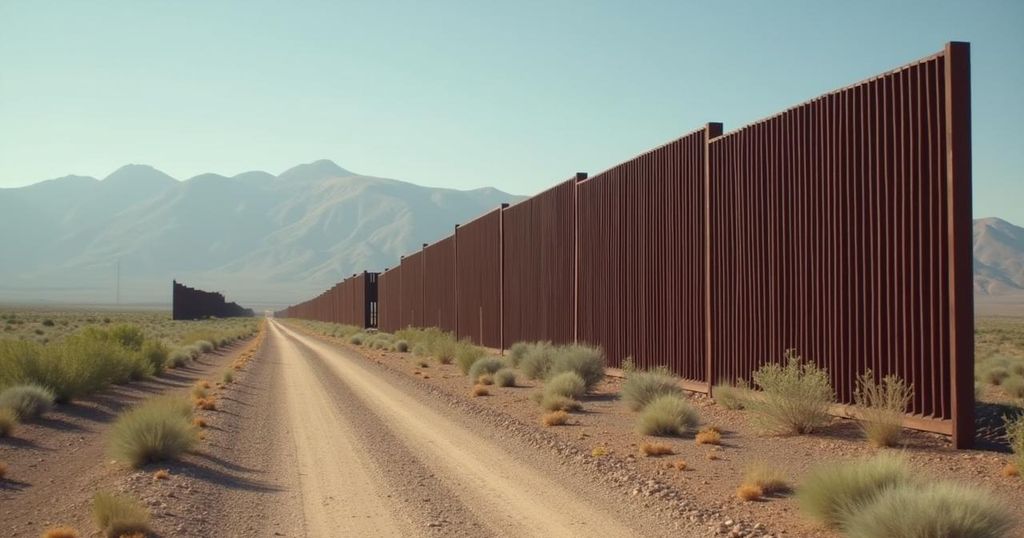Mexico Tightens Border Enforcement Ahead of U.S. Presidential Election

As the U.S. election nears, Mexico increases border enforcement, leading to a drop in migrant crossings due to an informal agreement with the Biden administration, influenced by political stakes. This strategy aims to stabilize migration flows and protect economic interests before the election.
As the United States presidential election draws closer, Mexico has intensified its border enforcement measures, leading to a notable decrease in the number of migrants attempting to reach the U.S. border. This shift is attributed to an informal agreement between the Biden-Harris administration and the Mexican government, aimed at maintaining order along the border and ensuring a steady flow of exports to the United States. Analysts suggest that Mexico’s decision to strengthen its immigration measures is also influenced by the potential impact of migration issues on the U.S. electoral landscape, particularly regarding the campaigns of President Donald Trump and Vice President Kamala Harris. The Sarmiento family’s journey from Venezuela reflects the challenges faced by migrants in an environment where Mexico has adopted a more restricted stance on allowing passage to the U.S. Mexico’s President Claudia Sheinbaum appears cognizant of her government’s pivotal role in influencing U.S. immigration policy and the political consequences it could entail for both nations. The enforcement actions, which include heightened surveillance of migration routes and tightened asylum policies, serve to address both humanitarian and political imperatives, as the Biden administration grapples with significant migration numbers that historically rose sharply during its first two years.
The relationship between the United States and Mexico concerning migration has become increasingly significant, particularly as both nations navigate the complexities of illegal crossings and border security. Following years of surging migration numbers that placed immense pressure on U.S. cities and resources, the Biden administration sought Mexico’s cooperation to alleviate these issues. Given the timing with the approaching U.S. presidential election, the dynamics of this partnership are heavily influenced by political ramifications, with Mexico’s actions potentially affecting the election outcomes in November.
In summary, as the U.S. approaches its presidential election, Mexico has ramped up immigration enforcement, resulting in a substantial decline in migrants reaching the U.S. border. This policy shift reflects both economic interests and political considerations, particularly regarding the influence of migration on U.S. electoral politics. The implications of Mexico’s enforcement strategy are significant, revealing a complex interplay between national interests and humanitarian responsibilities.
Original Source: www.usatoday.com








